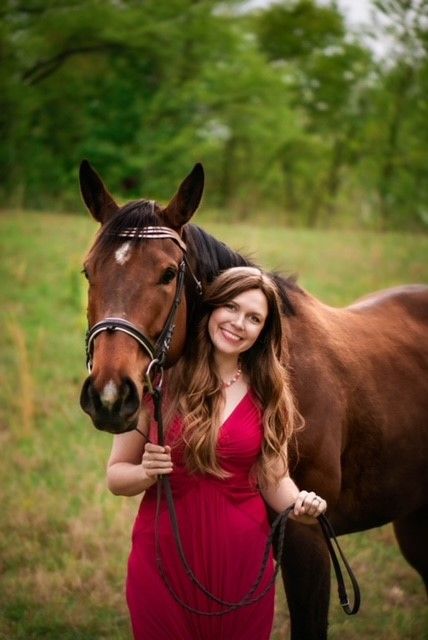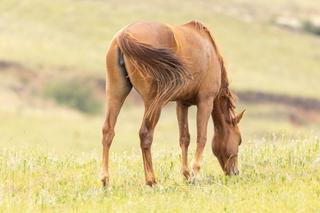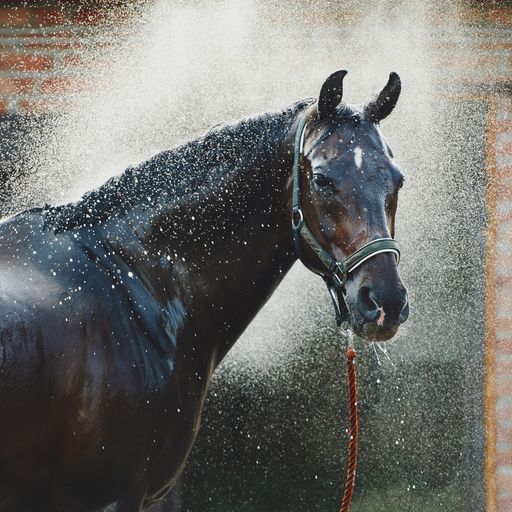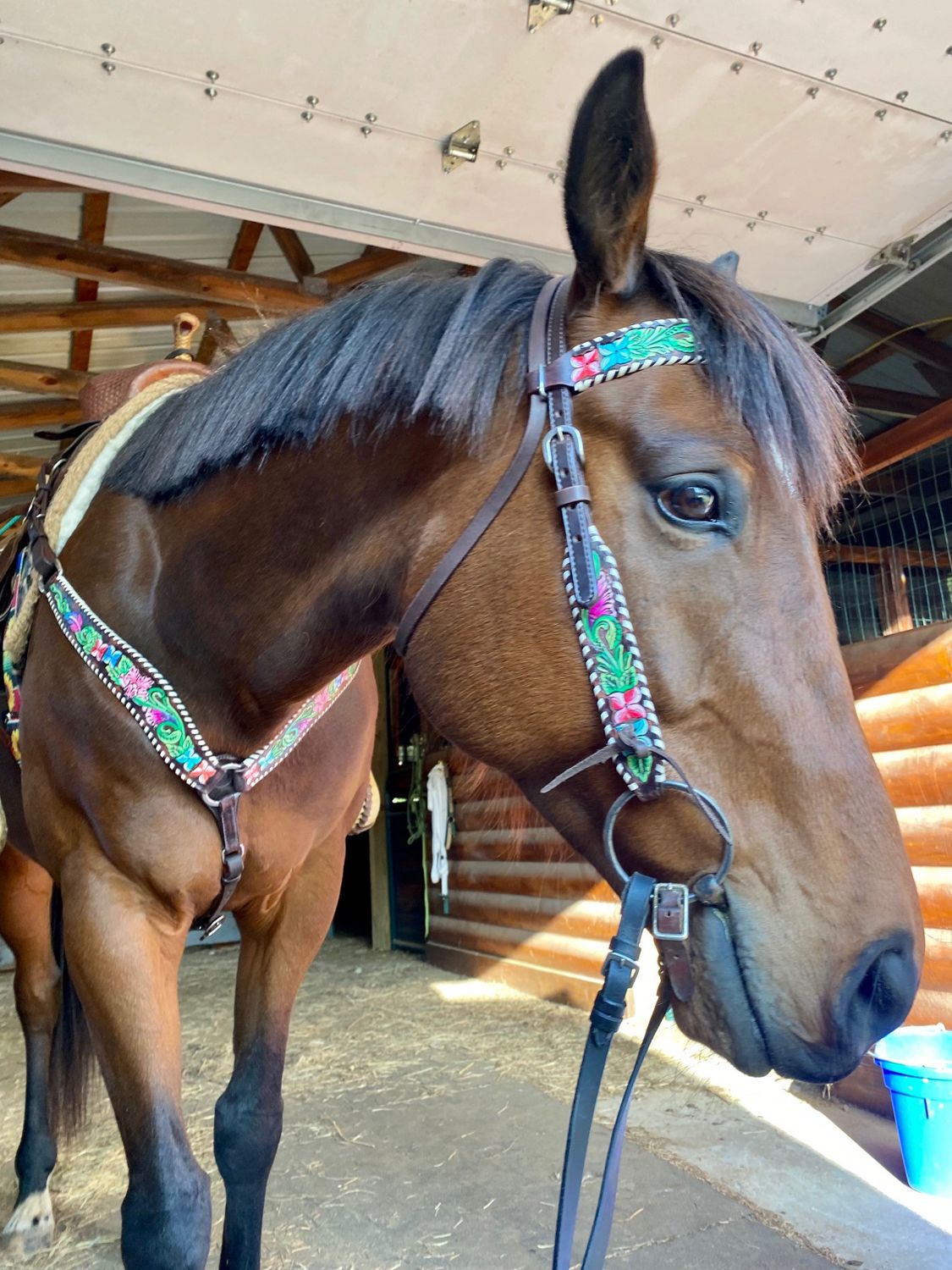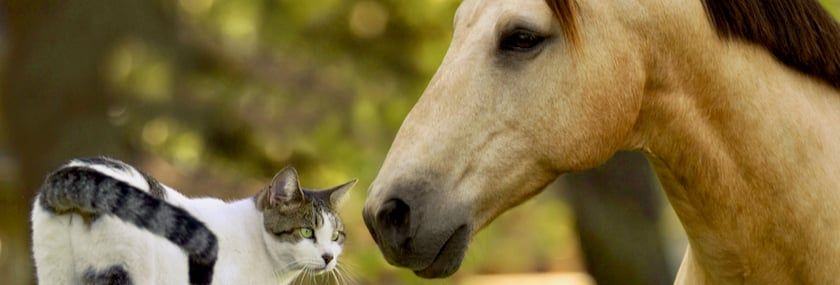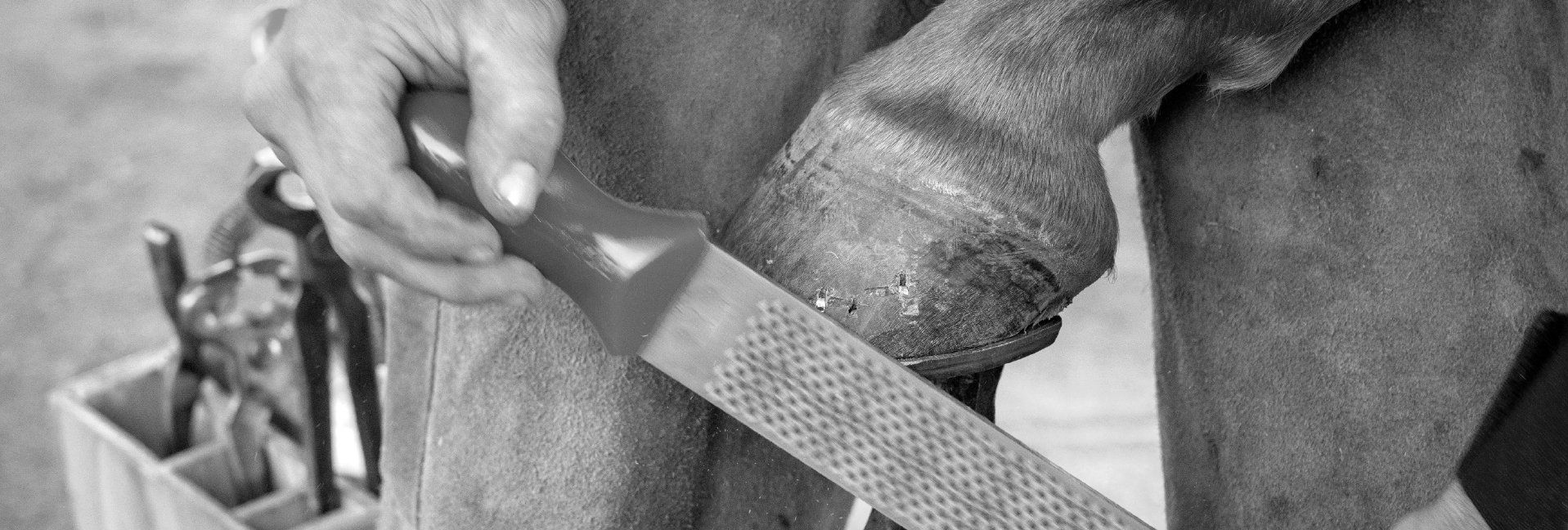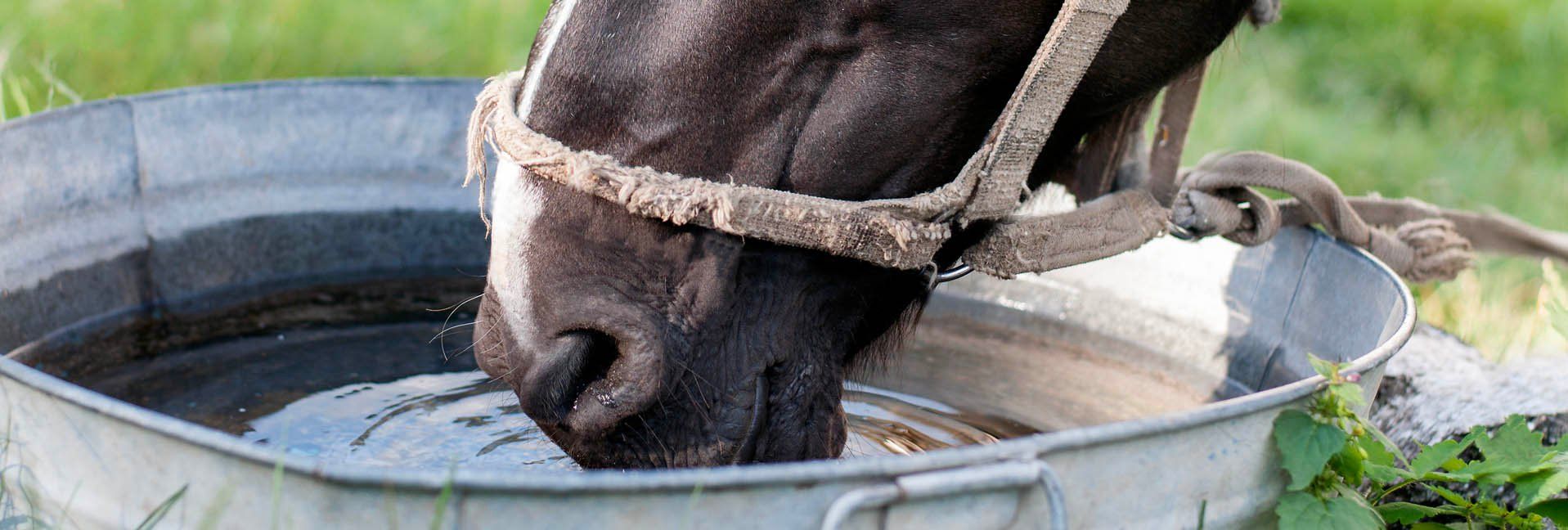5 Fly Control Strategies
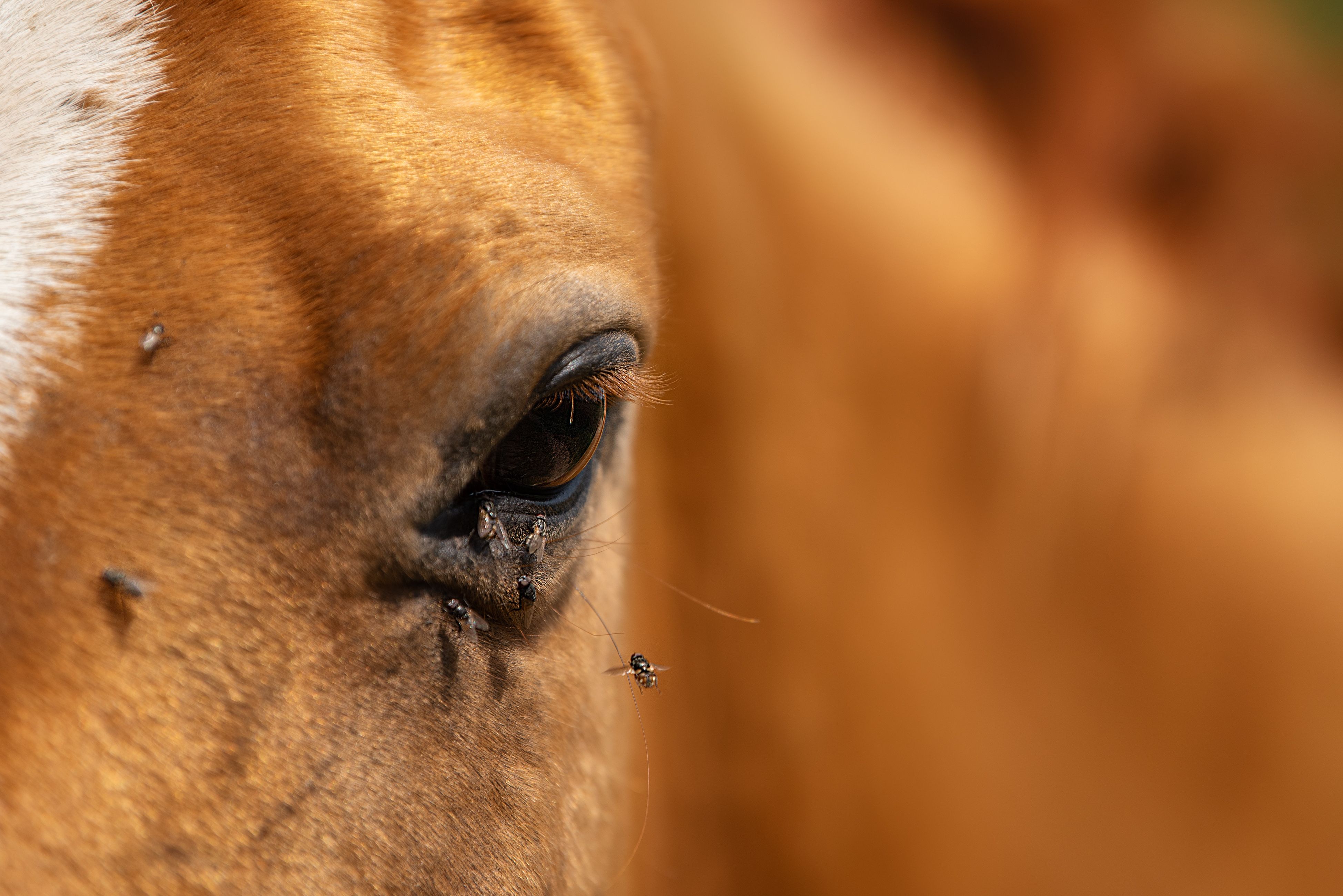

Increased temperatures, increased fly populations. Welcome to warmer weather!
While the sunshine and daily highs might be more to our liking, the commencement of fly season certainly is not. Horse owners and equestrians are no stranger to the nuisance of flies and the irritation they cause our equine companions. More than annoyance alone, though, flies contribute to significant equine diseases and conditions, such as strangles, influenza, eye worms and summer sores.
By controlling the fly population through a multi-pronged approach, horse owners can reduce risks for a number of horse health challenges and enjoy more peaceful moments in their barn.
“We're not going to control the flies adequately with only one modality. Attacking these flies from multiple directions will give us our best protection. That's going to be our best bet,” says Tony Hawkins, DVM, Valley Vet Supply Consulting Veterinarian. For hard-working fly control solutions, look to “fly sprays and feed-through insecticides that inhibit growth of immature fly stages, as well as fly traps and pour-on insecticides.”
When fighting flies, keep in mind these five strategies to control them as best as possible.
1. Utilize insect growth regulators (IGR), which pass through the manure of treated horses, preventing flies from developing into adults by inhibiting the development of the exoskeleton in fly larvae, stopping flies before they hatch. “When consumed by the animal, IGR ingredients pass through the animal into the feces, and as the flies lay their eggs and larvae in those feces, the same ingredients inhibit development of immature fly stages, significantly decreasing fly numbers,” says Dr. Hawkins. “Because you are attacking from the larval fly stages, you will continue to temporarily see adult flies. It takes a generation or two (eliminating larvae), then you will really see a difference.”
2. Hang fly traps, which come in sticky traps and fly-attractant bags that can catch thousands of flies. Remember, though: Fly attractants attract flies. “I see a lot of people put fly traps inside of their barns, which is counterproductive in the long-term. Just as the name suggests, having them in the barn will draw flies indoors. Be sure to place them around the exterior perimeter of paddocks and pens,” says Dr. Hawkins.
3. Clean stalls and paddocks regularly in order to rid the fly-attracting warm, moist environment that is ideal for flies to lay eggs and source food. Remove manure piles and unused hay off-site, or spread over fields and paddocks to help dry out the piles to attract fewer flies.
“The importance of environmental management to minimize fly breeding areas cannot be overstated. Proper cleaning and addressing damp areas will reduce fly breeding sites, disrupting the fly life cycle, and will have a significant impact on fly numbers,” says Dr. Hawkins. One more tip is to utilize livestock fans, as their powerful, circulating air will help to deter flies because they are weak fliers.
4. Use a premise spray to control adult flies and help deter new ones from entering the area. There are also barn insecticide spray kits that offer automatically timed spray applications. Of course, fly spray is a must for quick and easy on-horse protection against flies. For the best
results, make sure your horse is clean, so the spray sticks to the hair, not to dirt or mud.
5. Offer horses protection through fly gear, such as fly masks, sheets and fly boots. Each play a crucial role in safeguarding horses against the nuisance and potential health risks posed by flies. These accessories act as a protective barrier, shielding horses from bothersome insect bites that can cause discomfort, irritation and stress.
Offering protection from a painful bite, fly gear also minimizes the stress caused by constant pestering, promoting a more relaxed environment that is conducive to their comfort, health and performance. Fly gear also can provide horses with UV protection from more than 80% of harmful UV rays.
As savvy horse owners well know and understand, effective fly control is a cornerstone of equine well-being, helping to ensure their optimal health, performance and comfort.
Tags:Horse Sense

Acreage Life is part of the Catalyst Communications Network publication family.






